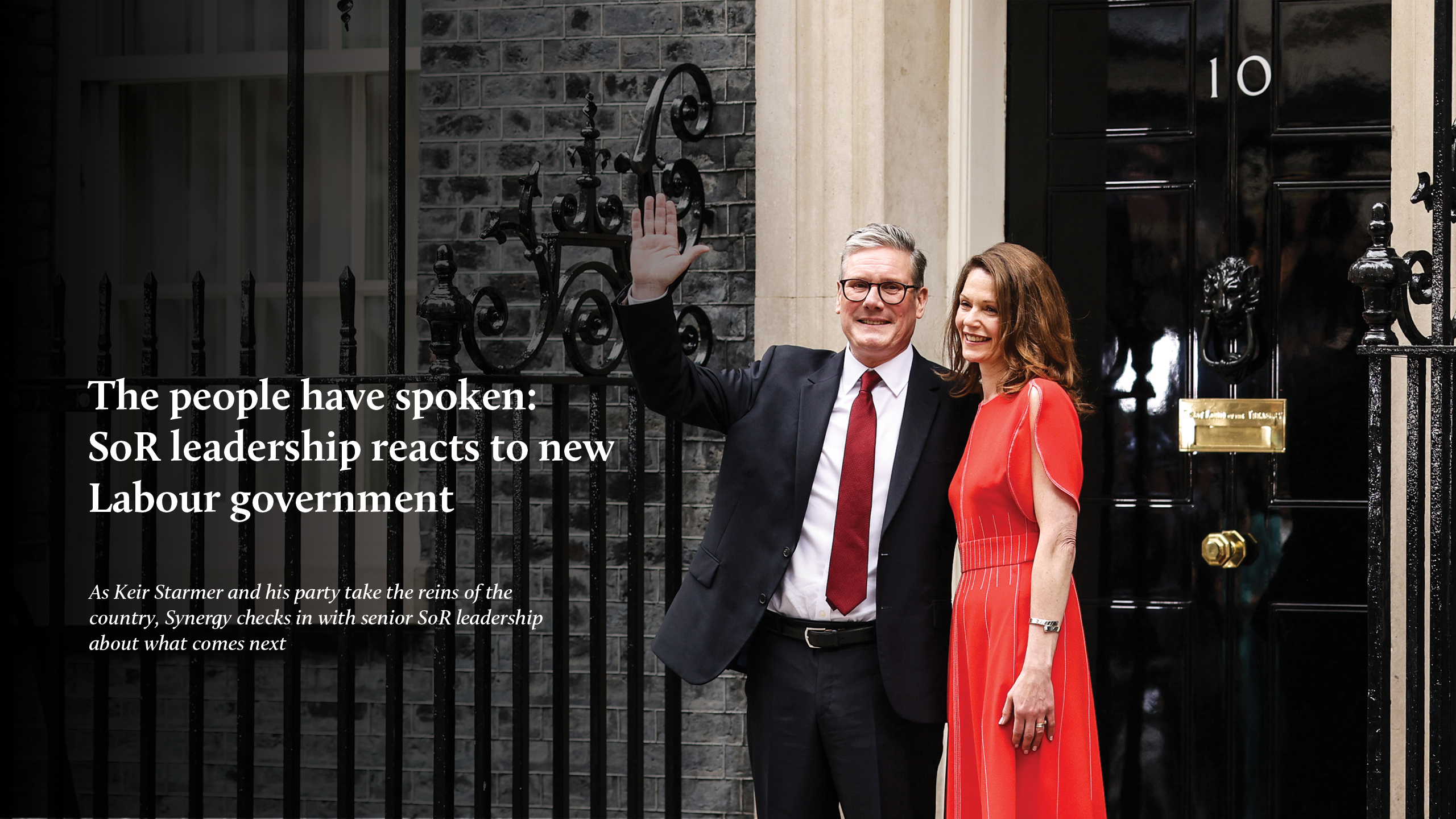
After 14 years of Conservative rule, voters hit the polls on Thursday 4 July and chose Labour as their new ruling political party.
While the result may not have been a surprise, Labour’s election may mark a significant turning point in the political landscape of the nation.
As the dust settled (with just two constituencies left to declare at the time of writing), news emerged that Labour had gained 214 seats bringing the total number of Labour MPs to 412, while the Conservative Party lost a staggering 251 seats. The landslide victory has given Labour a majority of more than 170.
Following an election defined by public concerns over the NHS, the economy and immigration Keir Starmer strode into Number 10 last week tasked with launching Britain into a new age of governmental rule. He replaced Rishi Sunak just one year and nine months after the Conservative former PM took office.
Britons have voted for this changing of the guard in the hopes of tackling some of the most pervasive issues facing the nation today. After all, Labour’s main manifesto points lasered in on hot-button issues such as bolstering the economy and lowering net migration. But for the SoR, and the health service more widely, particular attention will be paid to Labour’s promises for the NHS.
The SoR’s own manifesto – released in March – also addressed NHS waiting times, outlining that more than one million people are waiting for scans. Concerningly, an excess of 20 per cent are waiting for more than six weeks to be seen and 70,000 are waiting for more than 13 weeks.
According to the SoR, the continued problems here are the result of a lack of proper investment in the radiography workforce. “The failure to invest sufficiently in increasing the radiography workforce capacity over the last two decades is the biggest reason that the UK’s waiting lists are significantly longer than in countries such as Germany and France – and our health outcomes are worse than in most other leading economies,” the manifesto reads. “Our country needs our political leaders to make different and better political choices.”
So what does SoR leadership make of the future of radiography under Labour?
‘They understand the scale of the crisis, but we need to be patient’ – Dean Rogers, SoR executive director of industrial strategy
Dean views this handover in power as a chance for a fresh start. But he implores Labour to see the importance of improving the NHS as a way of commiserating with the public. “This is an opportunity for a new start and, regardless of the size of majority, any new government must realise it has been elected in large part because of the public’s crisis of confidence in the NHS,” he says. “Bringing tangible improvements and stability to health and social care will be critical tests for the new government.”
He adds that the radiography sector should be encouraged by Labour’s supposed understanding of shortcomings in funding, and calls for patience in seeing this improve. “During the campaigns the new government made positive statements and numerous commitments that suggested they understood the scale of the crisis and why radiography was a priority so we can be encouraged,” Dean continues. “They also seemed to recognise that it’s primarily a workforce crisis rooted in chronic long-term underfunding.
“We all understand there is no magic wand and the same underfunding is reflected across all public services. The economic situation is probably as difficult as any new government has inherited in any of our lifetimes. So we will also all need some patience.”
Dean is aware that funding will not simply arrive overnight. Rather, he encourages the new government to take smaller, more feasible steps towards improvement as soon as possible.
“It will be easier for the government to maintain the confidence and support of public sector professionals, like our members, when there are clear signposts that positive changes are happening that will make our members’ work safer, more flexible and more fairly rewarded,” he says.
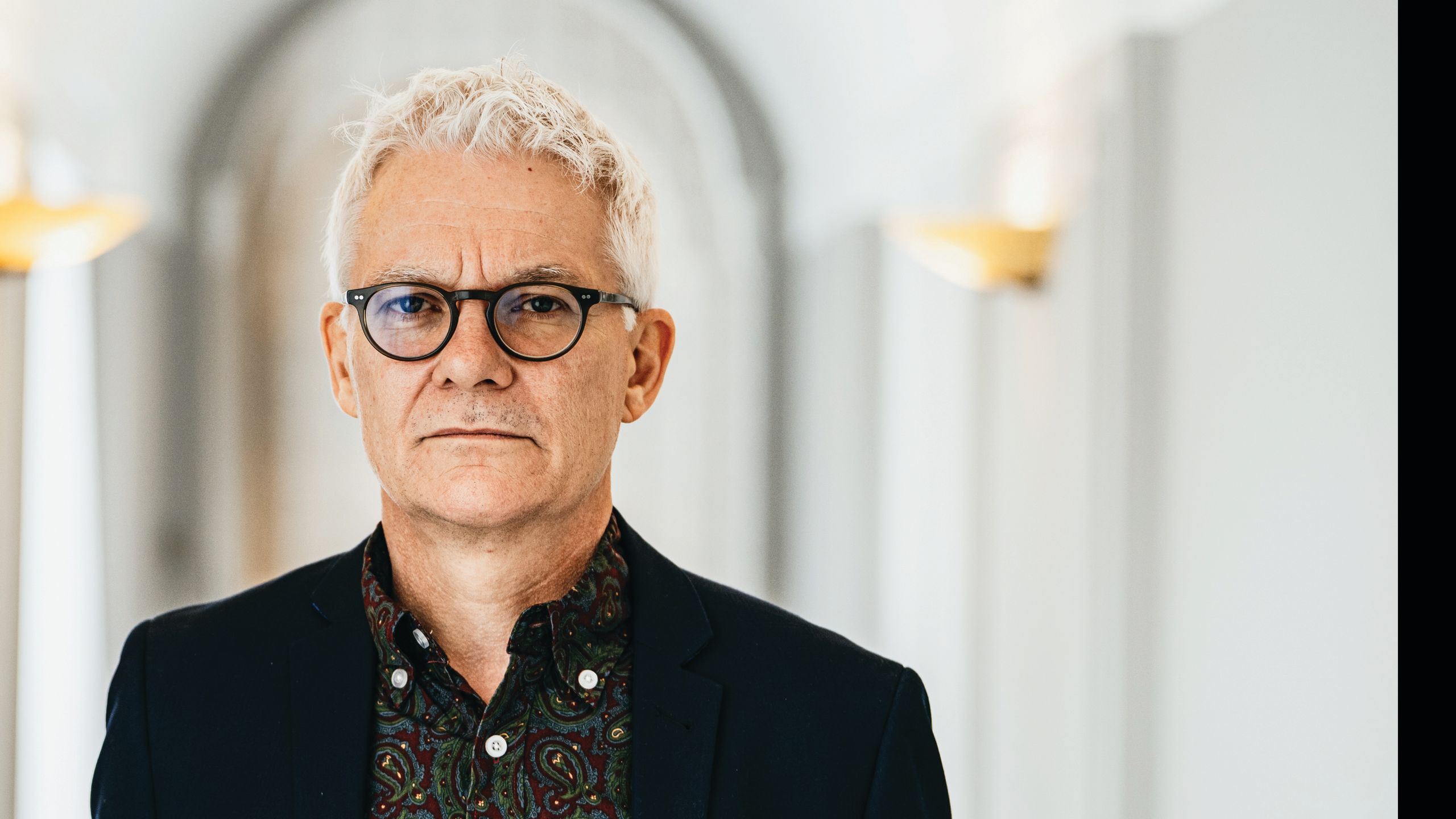
‘Suggesting radiographers can just work more hours is not sustainable. We need more investment’ – Charlotte Beardmore, SoR executive director of professional policy
If Labour’s manifesto is to be believed, England will see a drop in NHS waiting times thanks to 40,000 new operations, scans and appointments each week – working out at two million new slots per year. This enormous target will be achieved by “incentivising” NHS staff to conduct more appointments out of hours.
Charlotte disagrees with this policy, labelling it as unsustainable for members of the SoR. “During the campaigns the new government made positive statements and numerous commitments that suggested they understood the scale of the crisis in the health service, importantly recognising that investment in more capacity in imaging and radiotherapy services is a priority, so we can be encouraged,” she says.
“However, simply suggesting the existing radiography workforce can work more and more hours on top of their contracts to do this will not be sustainable for our members.”
Instead, Charlotte would prefer the SoR to work with Labour to effectively deliver its services. In particular, she intends to highlight a need for investment. “We must be realistic that this cannot be achieved overnight, so we will be calling for investment to both support workforce growth and to retain the existing highly skilled radiography workforce,” she says.
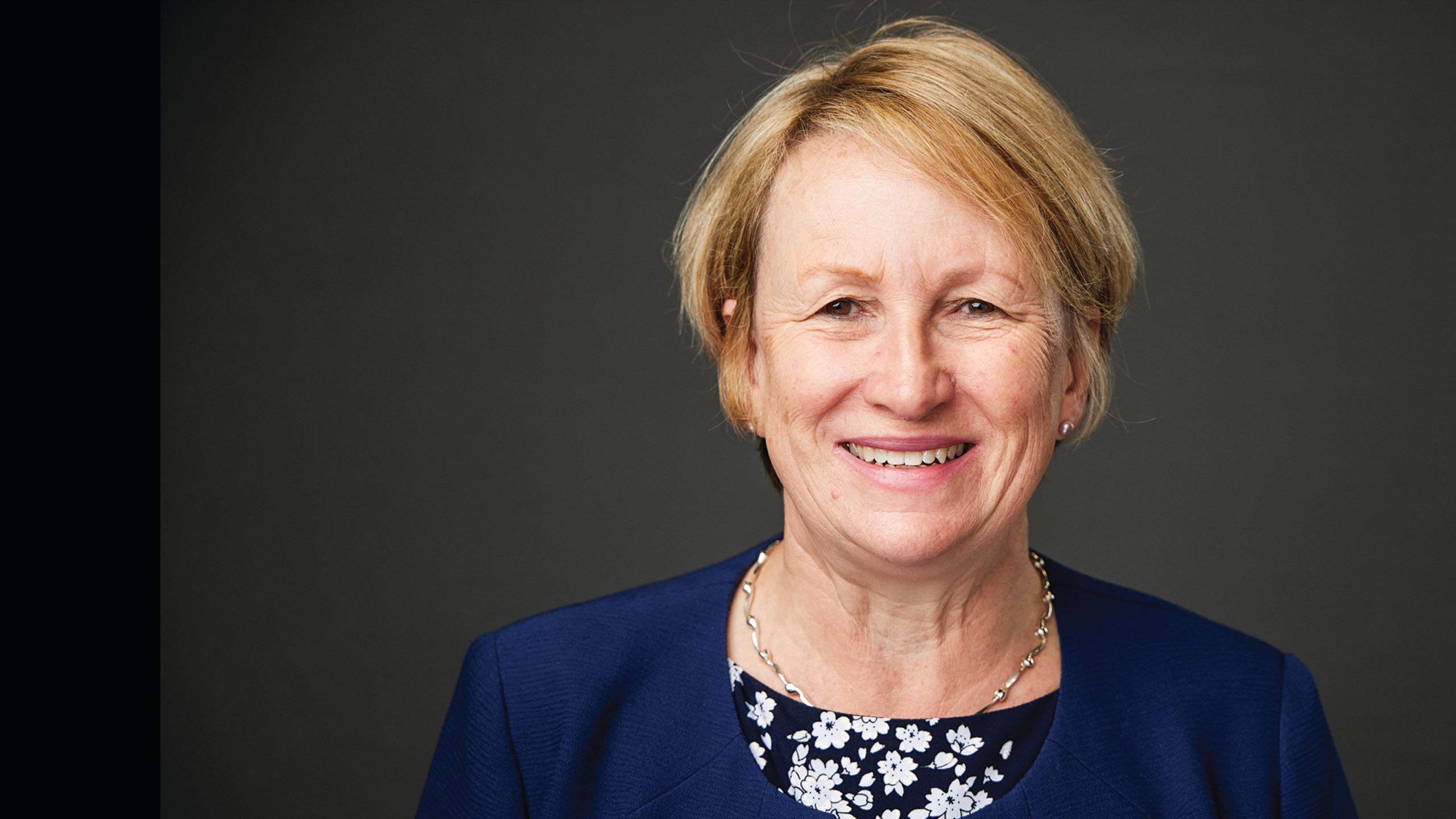
‘We can’t take our foot off the gas. They need to understand the importance of the radiography workforce’ – Tom Welton, SoR president
A day before the polls opened, Tom was inaugurated as the new president of the SoR at a ceremony held in Manchester Hall’s Goulburn Lodge. His appointment makes him the 87th president of the society.
The timing of his inauguration and the general election is seismic, with more eyes than ever on the state of the health service. “Whoever was to get into government, it was never going to be easy,” Tom says. “There is not a lot of money, and the money is not in the right place.”
Tom’s first interview as president encourages the radiography workforce to continue fighting for change and ensure it won’t be buried under the weight expectations on Labour. “Ultimately, it’s still not going to be plain sailing,” he affirms. “As a radiography workforce, we still need to be lobbying to the governmental level to have that voice. Because you can’t take it for granted that things will be different and change.”
Tom also highlighted the “lack of commitment” on increasing the radiography workforce, as well as staff pay: “Ultimately, we need to not take our foot off the gas. We need to keep making them understand the importance of the radiography workforce.”
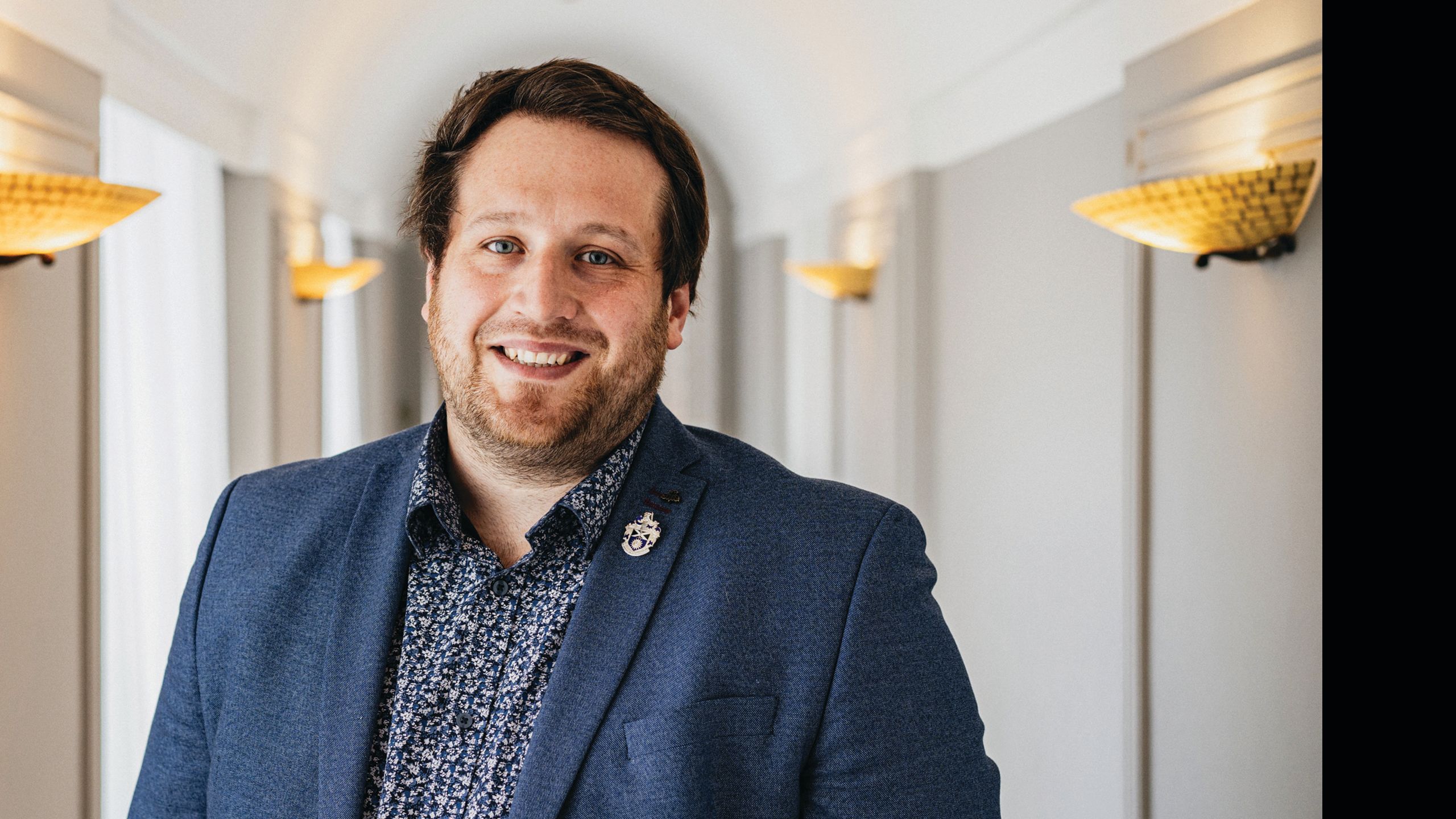
‘Will the NHS receive the immediate focus of the new government?’ - Richard Evans, SoR chief
executive
“The exciting and extraordinary night of election results across the UK indicates that people want a
change”, said Richard Evans, CEO of the Society of Radiographers.
“I imagine that there is a great deal of expectation that the new government will be able to make an
early (if not immediate) impact on the issues that drove the UK population to make such a dramatic
statement. Perhaps everyone feels something like ‘we deserve better’.
“SoR members have been saying just this over the past year, starting with our industrial action for
better pay. We have also been saying ‘Our patients deserve better’. We know that better treatment
of healthcare workers is intrinsically linked to our call for healthcare improvement as a whole and of
course this is driven by a passionate desire for improvements for our patients.
“Will the NHS and the desperate need in health and social care see the immediate focus that we
desire as the new government sets to work? I hope so. Amongst the many urgent needs of the
nations that make up the UK, surely health and social care has to be high on the list.
“I think we all know that the much needed changes will take time. So we are looking for early
indications from Keir Starmer’s government that the commitment is real. An above-inflation
settlement on the overdue pay award would be a good start; and steps to ensure this is
implemented equitably for all of our NHS members across the UK.
“We also want to talk. For too long, professionals have been denied access to ministers and civil
servants, particularly in the Westminster government. The SoR manifesto is not just an election resource. We now need to sit down with ministers and their advisors and work through the clear and achievable goals that SoR members know are needed for the health of our nations.
“Better cannot come soon enough for SoR members and for our patients. We recognise that it will
be a long haul. So we are looking for the government to engage with us quickly and sincerely. They
cannot do it without us.”
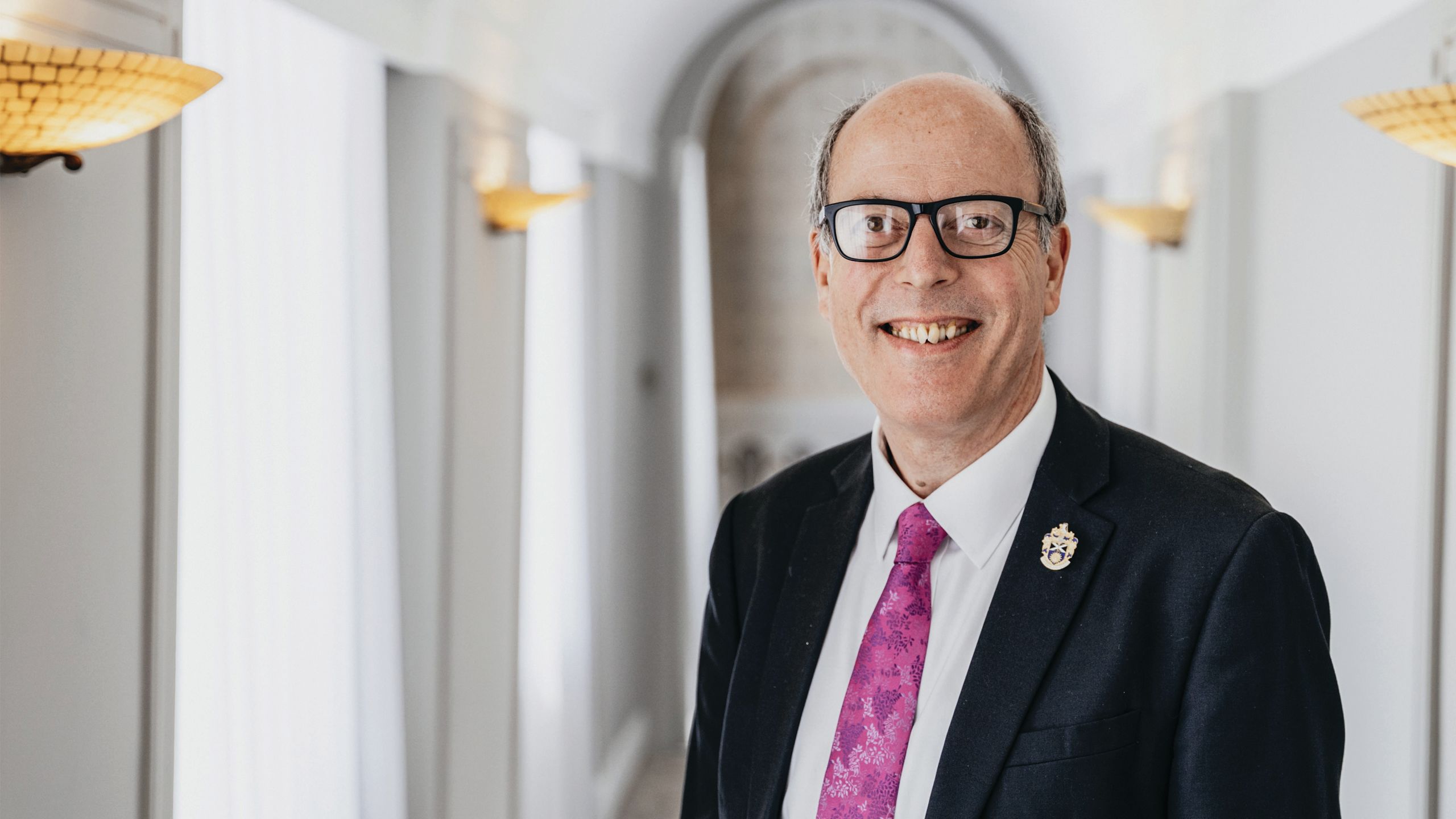
More about the Radiography Manifesto
The SoR manifesto for a world-class health and social care system has been developed in consultation with members across the four devolved nations. This manifesto offers practical, realistic and positive solutions to the workforce crisis in our NHS – a crisis so acutely visible through the lens of radiography.
It outlines the critical interventions – some of which are overdue and essential now, others which require longer-term implementation and commitment – necessary to help stabilise and then rebuild our NHS.
Read more about the manifesto here
Image credit: Dan Kitwood / Staff / Getty Images
Read more


